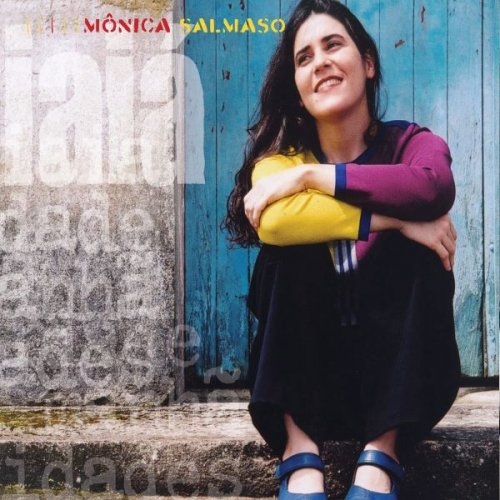Ümlaut - Everything in its own place (2023)
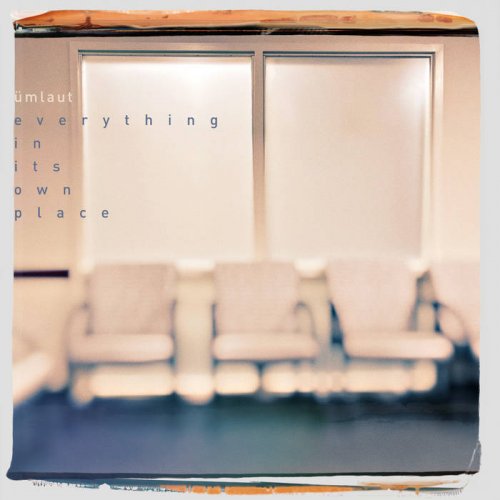
Artist: Ümlaut
Title: Everything in its own place
Year Of Release: 2023
Label: esc.rec.
Genre: Ambient, Experimental
Quality: 16bit-44,1kHz FLAC / 24bit-48kHz FLAC
Total Time: 58:34
Total Size: 248 mb / 580 mb
WebSite: Album Preview
TracklistTitle: Everything in its own place
Year Of Release: 2023
Label: esc.rec.
Genre: Ambient, Experimental
Quality: 16bit-44,1kHz FLAC / 24bit-48kHz FLAC
Total Time: 58:34
Total Size: 248 mb / 580 mb
WebSite: Album Preview
1. To charm motorways (06:06)
2. Ingratiating ourselves with birds (04:56)
3. A vast, conforming suburb (04:00)
4. Veering through the cortical night (03:56)
5. An almost invisible literature (04:48)
6. The fiction that is already there (06:00)
7. Sleepwalking to oblivion (05:00)
8. An ever more ambiguous world (04:16)
9. The great twin leitmotifs (04:30)
10. Instantly appealing forms (04:24)
11. This immense motionless pause (04:36)
12. Everything turns into television (06:02)
Ümlaut continues to traverse the realms of experimental and ambient music with “Everything in its own place.” In the interplay of finespun electronics and eclectic field recordings, the listener is airlifted out of the quotidian and into an “immense motionless pause.” A dream-like space where melodies emerge and music breathes. The concept of this album arose during a hearing test. Abstract tones and varying frequencies fed into the headset worn by the composer evoked an epiphany. Like an art-meets-life heartbeat. The abstract tones and frequencies swimming inside the composer’s head would inspire this album. Although the initial test showed hearing damaged, the diagnosis would be reversed. Like science fiction, it was just not true. To quote writer J.G. Ballard, “…sooner or later, everything turns into television.”
Ümlaut is Jeff Düngfelder, a U.S. experimental composer/sound artist now based in the northern Connecticut countryside. The thematic concepts distinguishing his work are absence and silence; the ineffable exchange between viewer and image; random moments of stillness within a landscape in flux. Using a minimalistic, electro-acoustic approach, his elusive patchwork of field recordings and electronics merge with the world of shadows and colours. Allowing for infinite possible interpretations, he lets the listener’s imagination fill in the blanks between the grainy textural sounds with elements of ambient, musique concrète and noise. Combining spaciousness with a sense of intimacy introduces a musical language of experimental ambience. His memory recordings expose the complex relationship between music and silence.
DOWNLOAD FLAC
Ümlaut - Everything in its own place
DOWNLOAD FLAC
Ümlaut - Everything in its own place 24-48
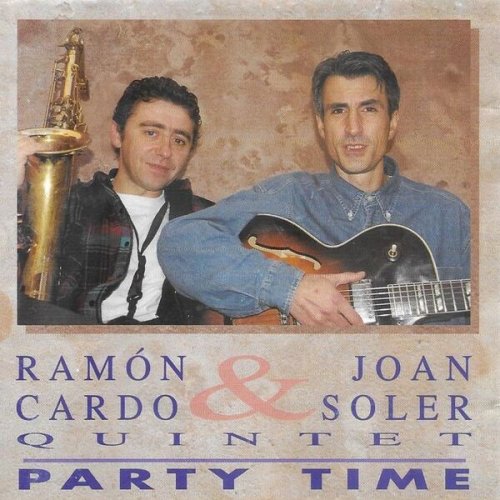
![William Ackerman - Past Light (1983) [1997 Japanese Edition] William Ackerman - Past Light (1983) [1997 Japanese Edition]](https://www.dibpic.com/uploads/posts/2026-02/1771702726_001.jpg)
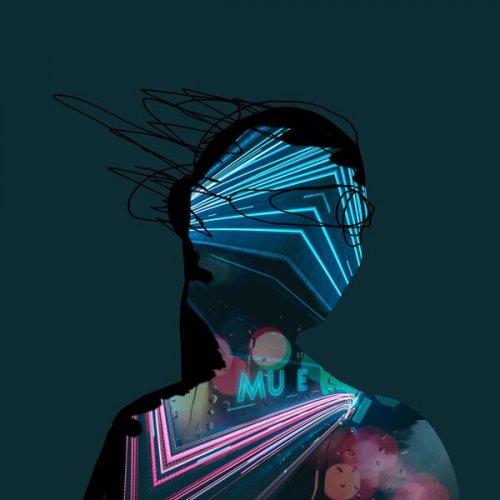

![Andy Gillmann - Acoustic Impulse (2026) [Hi-Res] Andy Gillmann - Acoustic Impulse (2026) [Hi-Res]](https://www.dibpic.com/uploads/posts/2026-02/1771564063_i2l6l2i7vv9qz_600.jpg)
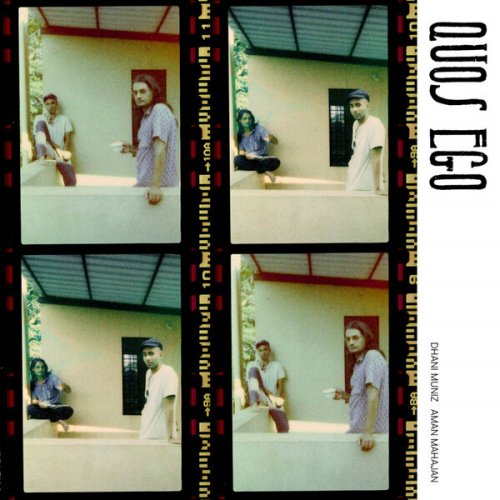

![Vivian Rosie - Twilight Voodoo (2026 Remaster) [Hi-Res] Vivian Rosie - Twilight Voodoo (2026 Remaster) [Hi-Res]](https://www.dibpic.com/uploads/posts/2026-02/1771389602_cover.jpg)
